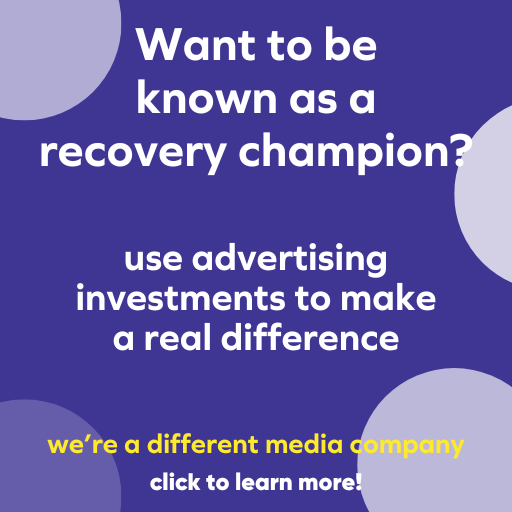Ben Sawyer never thought addiction would be part of his journey. Unlike your typical high school or college student, he wasn’t interested in experimentation with drugs or alcohol. Instead, Ben joined the U.S. Marine Corps in his twenties and served his country for eight years.
In 2003 Ben left the Marine Corps and was trying to figure out where his path in life would lead. He was working as a hospital security guard when some of the nurses dared him to try nursing school, he says. “The ego of a Marine said, ‘Alright, fine. I’ll do it.’” And in 2008, Ben became a licensed RN.
A few months later Ben was at the dentist, getting a root canal for an infected tooth. After the procedure he was sent home with a prescription for Percocet—the first time he had ever been prescribed an opiate. “That awakened a Hulk inside of me that I never knew existed,” he says. What started as an innocent prescription quickly spun into an internal battle that ensnared him for years.
Ben’s new nursing license gave him easy access to opiates, which only made the situation worse. Soon enough his addiction was raging, and it wasn’t long until he lost his marriage, his house, and his car. He was living in Connecticut then, so he tried the geographical cure—moving back to Maine where he was born and raised. But, he says, “Surprise, surprise, the Hulk followed me here, too.”
As far as Ben knew, there wasn’t any way for him to stay sober. As a healthcare professional who was struggling with addiction, he felt incredible isolation and immense feelings of guilt and shame. It was a cruel paradox to be responsible for the health of others while he was unable to maintain his own health. The remorse he felt kept him sick longer.
Five years after his addiction began, Ben finally got the wake-up call he needed. An investigator for the Maine State Board of Nursing contacted him. He was suspected of diverting drugs and under review for his pharmacy reports. It was only a matter of time before his nursing license would be revoked and his career would be over. After speaking with the investigator, Ben knew he had hit rock bottom.
But there was a beacon of hope in the darkness.
The investigator from the Nursing Board had given Ben the name of an agency that helps healthcare workers who struggle with addiction. The Medical Professionals Health Program supports doctors, nurses, and dentists with behavioral and mental health issues, substance abuse, and burnout. When substance abuse is a concern, they offer a monitoring program so medical professionals can start recovery while keeping their professional licenses. It wasn’t an option for Ben to keep his license, but he could finally see the first step to healing.
Two days after Ben received that life-changing phone call, he was sitting in a support group for healthcare professionals. Within the first 15 minutes of the meeting, he knew the feelings he had carried around for years— guilt, shame, exhaustion, and utter hopelessness—would finally start to fade. “I saw them laughing,” he says, “I saw them joking, and I wanted what they had.”
The message of hope that Ben found in that moment and in that meeting felt like a superpower, and it gave him everything he could’ve asked for: a foundation for his recovery. He started attending and working a 12-step program. It was exactly what he needed to heal. He could finally conquer the Hulk that had taken over his life.
Today Ben is remarried, has a house, and is working as a certified recovery advisor—a career he loves and can see is making a difference. “It was something I was actually very passionate about because it saved my life, and I’ve seen it save other people’s lives.”
He still regularly attends 12 step meetings, meditates daily (“I like to call it de-stressing, because sometimes the term meditation can scare people away.”), practices breathing techniques, and frequently goes on drives to help clear his head and keep him grounded.
That message of hope has kept Ben’s recovery strong to this day, and he readily shares it with anyone who might feel how he once did. When he sees newcomers in meetings, he recognizes that broken look. “You just want to grab them by the shoulders and say, ‘Hope is here!’” he says. “It’s a fatal disease but you’re not dead. Hope is here.”





